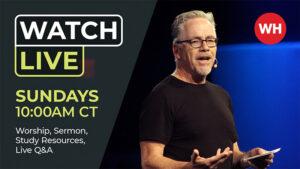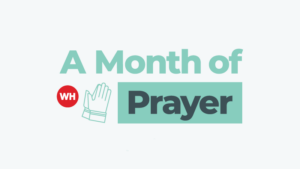Watch/Listen
Topic: Pain & Suffering

Giving Thanks, No Matter
In this surreal time, we can let our lives be dictated by the circumstances of our situation, or we can live according to the reality that our lives are “hid” with Christ in God. How exactly do we do this in the midst of so much tumult? One way is to learn to give thanks “in all circumstances,” as Paul … Read More

COVID-19: A Kingdom Perspective
COVID-19 is impacting the entire world, changing life globally, locally, and personally. How should we as Kingdom people respond to this pandemic?

Expecting God.
Today with David, we looked at God’s desire for encouragement and what kind of posture we should have in encouragement. He looks closely at the nostalgia of the Israelites when the temple was rebuilt and how it keeps us from seeing the ways God wanted to encourage them in the present rebuilding.

Show Me Where It Hurts.
Today Sandra shared with us a real-life example of her brother’s story, and what to do, and what not to do, when confronted by someone else’s discouragement.
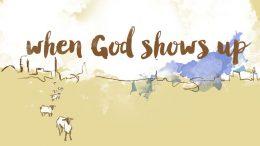
When God Shows Up
This weekend Greg continues our When God Shows Up series by examining two crucial questions we must ask when we find ourselves in an Advent season: How do we conduct ourselves in this fallen world when misery takes over? How can we hang on to hope when all seems hopeless?
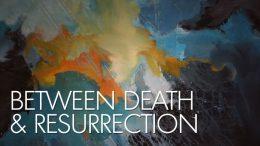
Between Death and Resurrection
This is the second message in our series “Non-Perishable”, where we’re exploring death from a Kingdom perspective. This week, Greg explains the evidence for life after death, why Heaven may not be what we thought, and how to gain a more beautiful picture of life after death. Greg played a song during his message, you can find that here: https://www.youtube.com/watch?v=ekZ187l-Vn8
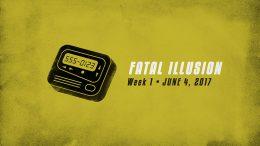
Fatal Illusion
This is our first week of the new sermon series, Moving Pictures. In this series we will look at different movies that show a particular theology. This week we were entertained with the film, Bruce Almighty, a film which highlights the question of free-will. Greg takes us through the illusion of fatalism. The foundation of fatalism (also understood as determinism and/or Calvinism) suggests the world and all its happenings are determined. All that unfolds, including all suffering, is a result of fate, a pre-determined destiny of events established by God. But, there is a different way of understanding the world and God’s relationship to the created order. God created a world with free-will; where humans have the capacity to freely choose life or choose death. God is a relational God and longs for relationship with humans who freely choose love. With the free-will understanding of the created order we discover God is not the author of all that unfolds in the world, but that humans play an integral role in what comes to pass.

Make Room
God gives us dreams for our future. Yet, the circumstances and demands of life have a way of causing us to put those dreams away or forget them all together. How do we allow God to awaken us to the dreams he offers us? In this powerful message, Nicole Bullock (Co-Pastor of Blue Oaks Church in Brooklyn Center, MN) shares the story of a Shunammite woman who makes room for God in the face of paralyzing discouragement. Nicole also shares her own story of keeping faith in God through the uncertainty of seemingly-hopeless circumstances. Read More

Stories Of Justice
Week four of our Love. Walk. Do. sermon series focused on stories of justice for human trafficking victims. Mark Moore, Church Mobilization Director at International Justice Mission (IJM), shared stories of what IJM has done to actively bring justice and healing to human trafficking victims. Read More

Passionless Hope
This message examines Christian hope and how we are called to prophetically speak hope into seemingly hopeless situations. While hope is vital, certain understandings of God’s character and role in radical suffering can leave victims of trauma with passionless hope. But when our picture of God is rooted solidly in the revelation of Jesus, it is possible to have a passionate faith, regardless of the circumstances. *We have Jessica’s book available for purchase; please email Jodi at jcremers@whchurch.org if you’re interested! Read More

